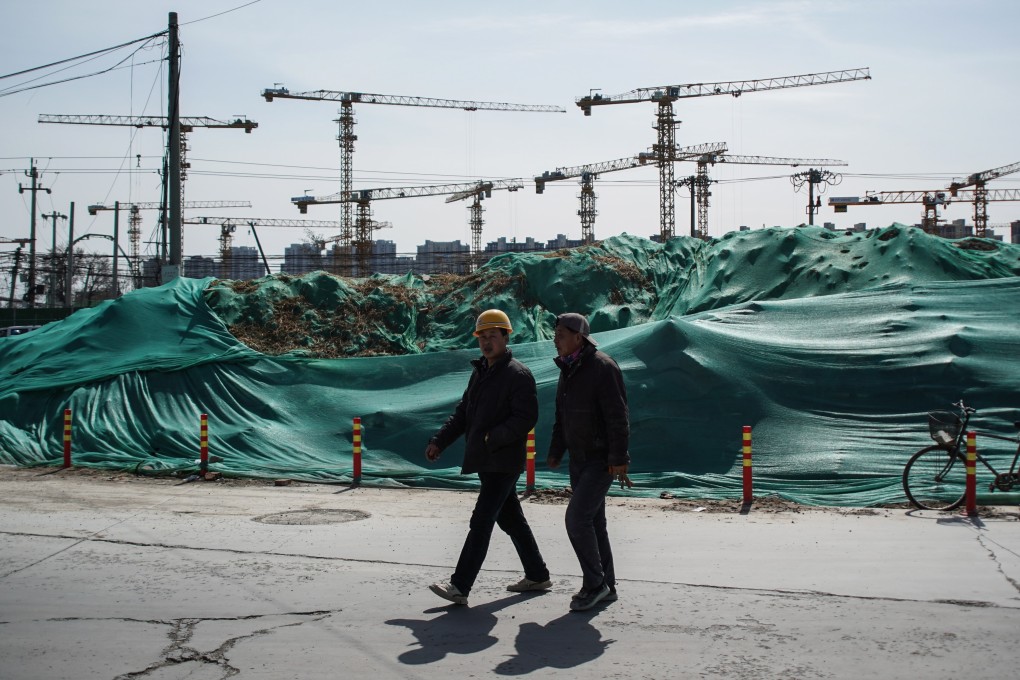Advertisement
Developer Longfor Group posts 20 per cent profit rise for 2021, avoiding debt crisis engulfing China’s property market
- The home builder said its core profit last year was 22.44 billion yuan (US$3.52 billion), up by a fifth from 2020
- Thanks to its constrained borrowing, Longfor is in rude financial health compared to debt-laden rivals such as Evergrande and Kaisa Group
Reading Time:2 minutes
Why you can trust SCMP

Chinese developer Longfor Group Holdings has posted a profit gain of 20 per cent for last year, managing to weather a crisis in China’s property industry triggered by defaults among some of its heavily indebted peers.
Chongqing-based Longfor said its core profit reached 22.44 billion yuan (US$3.52 billion), up by a fifth from 2020. The annual increase was the same as in the previous year.
“We did not buy much land last year and only got a couple of plots at reserve prices at the end of the year,” said Chen Xuping, chief executive officer of Longfor.
Advertisement
“We will continue to plan our spending based on what we have and our calculation of the profit, although we are seeing a loosening credit environment towards real estate companies.”
Thanks to its constrained borrowing and conservative expansion, Longfor, mainland China’s 12th biggest property company by sales last year, is in rude financial health compared to rivals such as Evergrande and Kaisa Group, who have been crippled by enormous debts.
The home builder carries 14.5 billion yuan of debt due within a year and has 88.55 billion yuan of cash on hand.
Advertisement
Select Voice
Select Speed
1.00x
